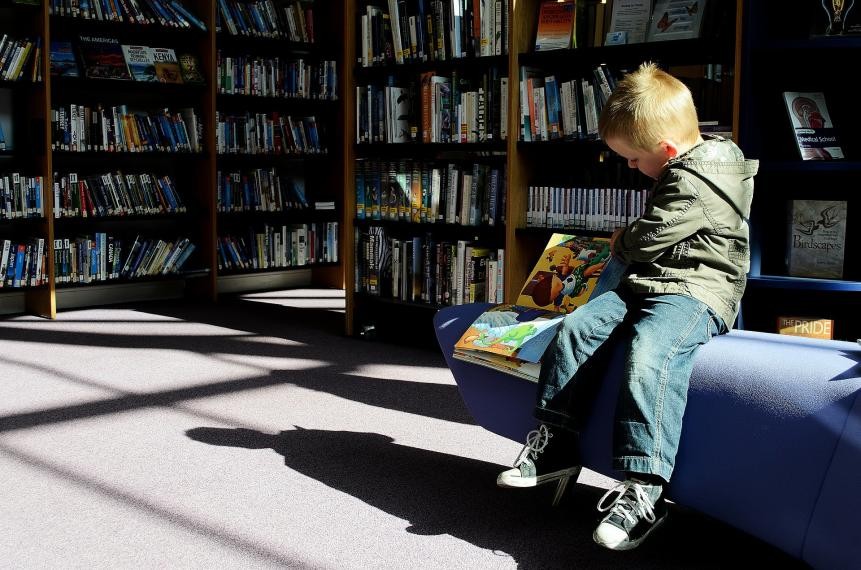Teaching Our Children to Read - A Word from Professor Emeritus Mary Ann Evans

How do young kids learn to read – and how can we help them?
U of G psychology professor emeritus Mary Ann Evans has been researching these questions for decades now. Her early studies focused on grade one reading development, but a comment from a parent added a new perspective.
“A mother said to me that her child went to school, and had lots of fun, then came home and the mother did all the hard work of teaching her to read,” says Evans. “I realized that many parents were actively coaching and helping their kids develop reading skills.”
There was plenty of research showing that certain aspects of the home environment contributed to children becoming good readers (such as visiting the library and having books in the home), but nothing that looked at how parents actively help kids learn, she found.
But there is no question that families set the foundation for children’s reading. Family Literacy Day, an initiative of ABC Life Literacy Canada, is celebrated on January 27, to encourage parents to take time every day to read or do learning activities with their children. Award-winning Canadian author and illustrator Barbara Reid is the Honorary Chair of this event.
What parents do when they are reading to or with their children, Evans found, has a lot to do with their goals. For example, what do you do if your child is reading and stops or stumbles at an unfamiliar word? If your goal is to help your child learn to read, you might encourage him to try to sound out the word, or give him a hint (“it starts with the ‘kuh’ sound”). Parents who just want the child to enjoy reading, might simply tell the child the word, so she could continue with the story.
Each approach has merit, Evans says. “The key is to find the right balance.”
Surprisingly, according to Evans’ research, young children do not learn reading skills by looking at the words as parents read aloud. Evans tracked children’s eye movements and found that they looked at the pictures, at their parents or around the room, but rarely at the printed words.
Evans offers these tips to parents:
- To raise kids who love reading, model for them how much you love to read. Let them see you enjoying reading, learning from what you read, or referring to written material when you want to find out something.
- When your child is reading to you, make sure you choose material that is within the child’s reading level – you don’t want it to be a struggle. If it proves to be a bit difficult, take turns, giving your child the easier bits.
- When reading TO your child, choose something a little bit advanced. It will help to broaden her vocabulary and comprehension.
- Keep it enjoyable: snuggle up with your child and be relaxed.
- When choosing alphabet books for your child, make sure the common sounds made by the letters are illustrated. “A book with ‘C is for Chicken’ is more confusing than helpful for the beginning reader,” says Evans.